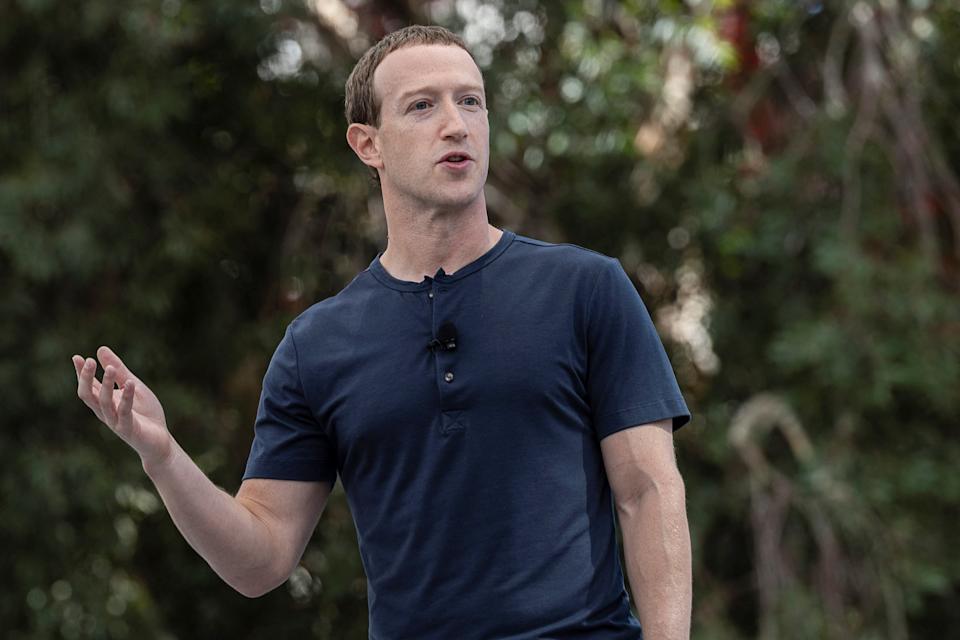Mark Zuckerberg’s recent communications have ignited a debate within the tech community regarding Meta’s long-standing commitment to open-source artificial intelligence. His latest memo and subsequent statements suggest a potential recalibration of this foundational strategy, prompting questions about the future of AI development under Meta’s purview as it pursues ambitious “superintelligence” goals.
The shift became apparent after Zuckerberg shared a memo detailing his vision for building advanced AI superintelligence. Within this outlining, he subtly indicated that the pursuit of more powerful AI capabilities might necessitate Meta becoming more discerning about which models and technologies it chooses to open source. This measured approach marks a notable departure from his earlier, more absolute advocacy for open platforms.
Specifically, Zuckerberg cited burgeoning “safety concerns” as a primary driver for this potential change, emphasizing that Meta would need to be exceptionally “rigorous” in its decision-making regarding open-source releases. This focus on AI safety and the associated governance contrasts sharply with his past public declarations, where he once vociferously championed open access to technology.
Further elaborating on this evolving perspective, Zuckerberg addressed the matter during Meta’s second-quarter earnings call. While he downplayed the extent of any significant change in the company’s philosophy, he openly acknowledged the emergence of new trends influencing their strategy. He reassured listeners that Meta would continue to release leading open-source models, yet not everything would be shared.
One of the key trends he highlighted was the sheer scale of modern artificial intelligence models. As these models grow exponentially in size and complexity, they become increasingly impractical for many external users, raising questions about the utility and productivity of open-sourcing them. Zuckerberg pondered whether sharing such colossal models primarily benefits competitors rather than fostering broader innovation.
The more profound concern, however, revolves around the advent of “real superintelligence.” Zuckerberg articulated that approaching this level of AI presents a fundamentally different and more serious set of safety considerations that require Meta’s utmost attention. This deeper contemplation of AI safety at the apex of intelligence underscores the cautious re-evaluation of open-source principles.
This contemporary stance stands in stark contrast to his resolute assertions from approximately a year ago. In a memo titled “Open Source AI is the Path Forward,” Zuckerberg unequivocally stated that open source was indispensable for both Meta and the wider developer community. He dismissed concerns about losing technical advantages, arguing that the competitive nature of AI development meant open-sourcing a model wouldn’t surrender a significant edge.
Moreover, in that earlier communication, he contended that open-source artificial intelligence inherently fosters greater safety. His argument was predicated on the idea that widespread access to similar generations of models, facilitated by open-source practices, empowers governments and institutions with computational resources to effectively scrutinize and counteract the actions of malicious actors.
While Zuckerberg has been careful to state that Meta will indeed continue to open source select aspects of its work, his recent pronouncements undeniably suggest a strategic shift. He appears to be meticulously preparing the groundwork for a future where Meta’s most advanced “superintelligence” could operate under a significantly more controlled and less open framework, balancing innovation with paramount safety considerations in the evolving landscape of artificial intelligence.






Leave a Reply